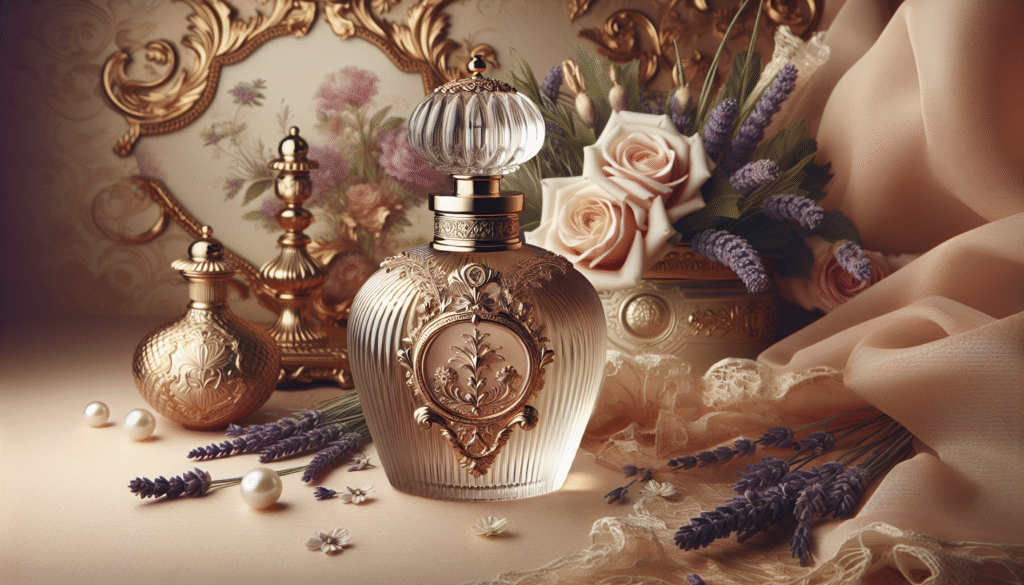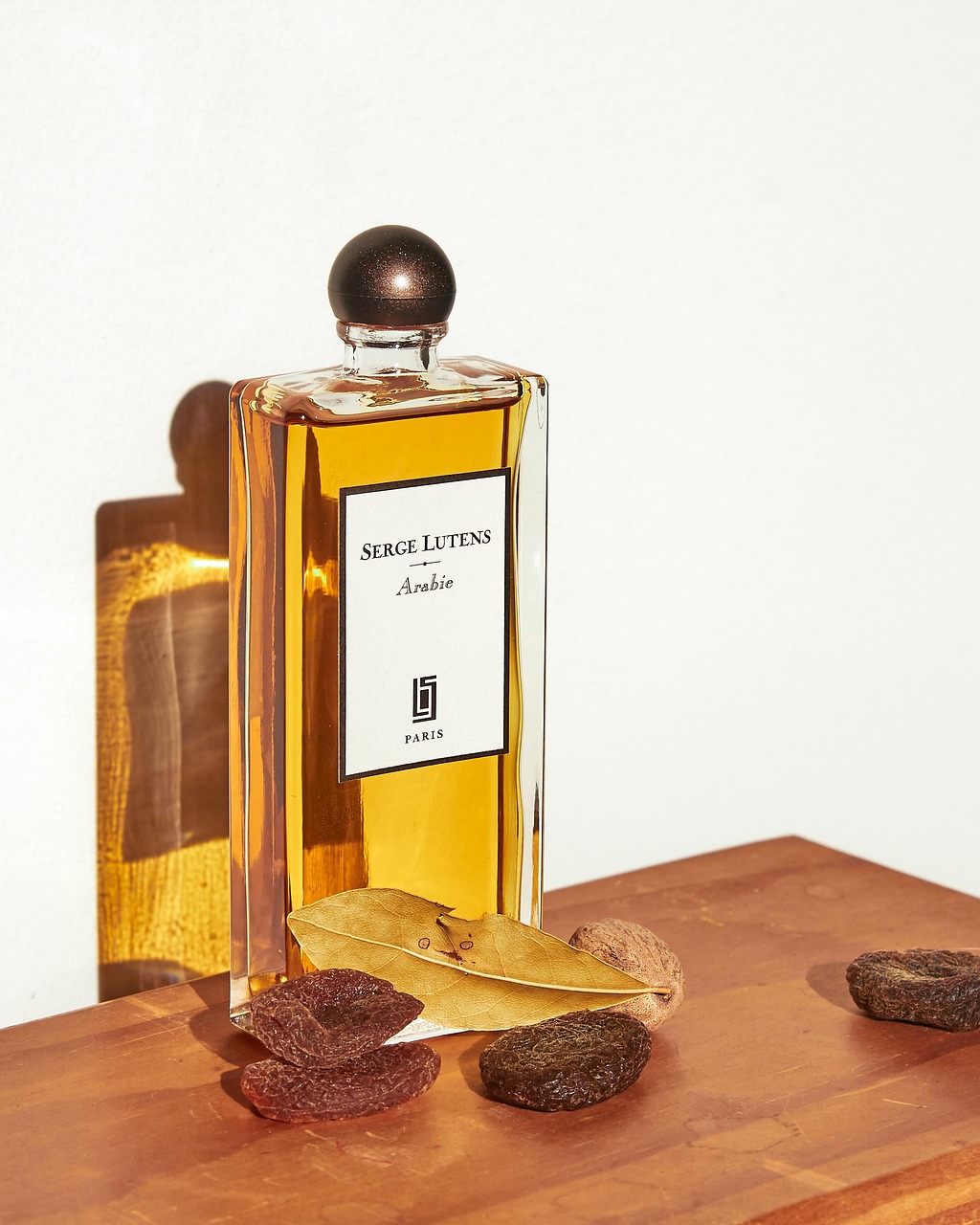Have you ever wondered why French perfumes are often considered the epitome of luxury and sophistication? If you’ve ever found yourself enchanted by a particular fragrance, there’s a good chance it owes some of its magic to French perfumery. The world of scent is vast and varied, but France has held a unique place at its heart for centuries. This article explores how French perfumery has shaped and continues to influence the global fragrance market, blending rich traditions with modern innovations.
The Origins of French Perfumery
French perfumery has a storied history that dates back to the Middle Ages, when perfumes were used not only for personal fragrance but also as agents for hygiene and status symbols. The craft truly began to flourish in the 16th century when Catherine de’ Medici, the Italian princess who became Queen of France, brought her personal perfumer, Rene le Florentin, to the French court. This move laid the groundwork for France’s dominance in the perfume industry.
Early Beginnings and Development
Initially, French perfumery was centered in the region of Grasse, now considered the perfume capital of the world. Grasse’s ideal climate for growing flowers and herbs contributed to the burgeoning industry. By the 17th century, the art of perfumery was further nurtured under the reign of Louis XIV, known as the “perfume king,” who had a penchant for daily fragrances, thus propelling scent-making into an esteemed profession.
The Role of Grasse
Grasse, located in the Provence-Alpes-Côte d’Azur region, continues to play a pivotal role in the perfume world. Its rich fields of jasmine, roses, lavender, and mimosa provide the raw materials necessary for creating some of the most famous fragrances. The combination of traditional cultivation techniques and innovative extraction methods helped Grasse establish a foundational role in the industry.
The Explosion of French Perfumeries
The late 19th and early 20th centuries marked an explosion of French perfumeries, with brands emerging that would become household names. This era, known as the golden age of perfumery, saw the rise of artistic perfumery, where creating a scent became akin to creating a work of art.
Iconic French Perfume Houses
French perfumery houses like Guerlain, Chanel, and Dior have created timeless fragrances that set the standard globally. Each house brought its own unique signature: Guerlain with its opulent, sensual creations; Chanel with the iconic No. 5 that revolutionized modern perfumery; and Dior with its elegant, bold scents.
- Guerlain: Known for its meticulous craftsmanship and luxurious scents, Guerlain has been a symbol of French elegance since 1828.
- Chanel: Founded by the style icon Coco Chanel, this house broke tradition with scents that exemplify modern femininity and elegance.
- Dior: Renowned for its groundbreaking “Miss Dior,” this house became synonymous with timeless yet innovative fragrances.
The Art of French Blending
French perfumers are known for their unparalleled ability to blend different notes to create a harmonious and long-lasting scent. This skillful balance between top, middle, and base notes is often what sets French perfumes apart from others. The precision and artistry involved in blending these notes into a coherent whole are what lend French fragrances their superior nuance and depth.
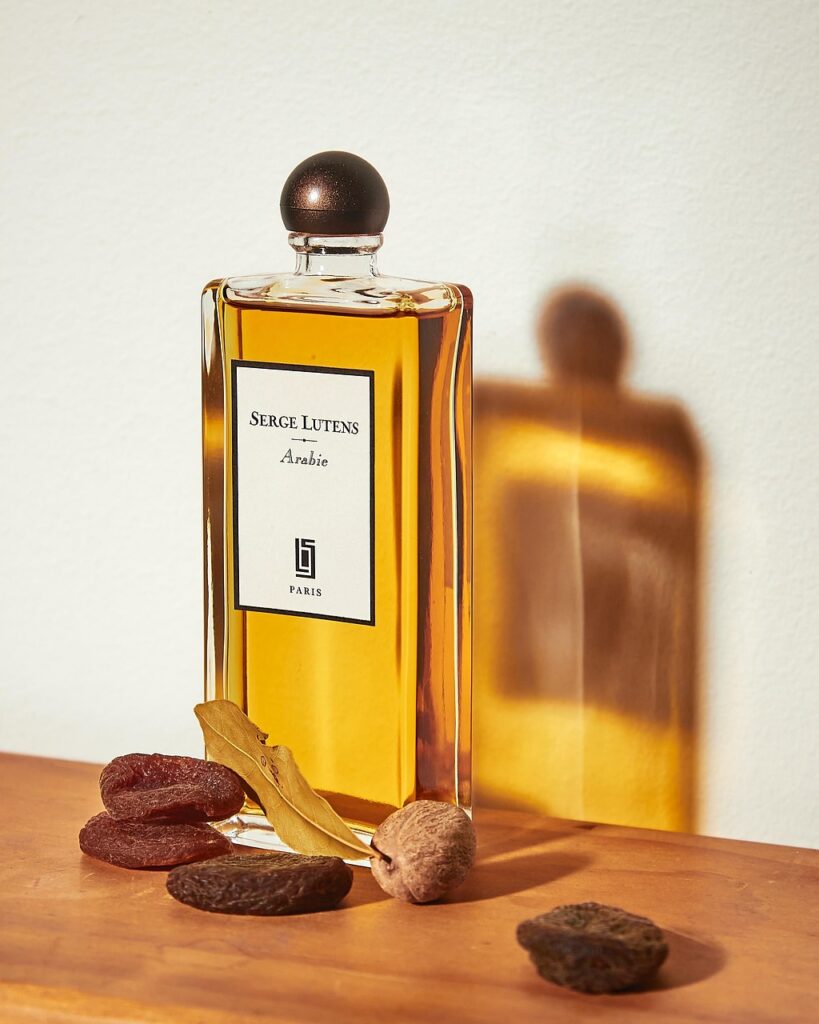
This image is property of pixabay.com.
Cultural Significance of French Perfumes
Beyond the technical mastery, French perfumes carry cultural connotations that elevate them beyond mere consumer goods. They are symbols of elegance, luxury, and a distinctly French way of life, often inspired by art, history, and fashion.
Perfumes as Cultural Symbols
Perfumes have long been a symbol of status and sophistication in French culture. Adorning oneself with a fine scent is a daily ritual embodying refinement and class. French icons such as Coco Chanel and Christian Dior further entrenched the notion of perfume as an essential accessory in the wardrobes of the fashion-forward.
French Influence in Global Markets
French perfumery’s influence extends far beyond its borders, impacting global perfume trends and industries. Countries around the world look to French techniques and styles as benchmarks for quality and creativity. The global fascination with French scents is a testament to their enduring appeal and elevated craftsmanship.
The Craftsmanship Behind French Scents
The creation of a French perfume is a deeply intricate process that takes years of knowledge and expertise. From the delicate selection of raw materials to the artful blending of notes, the hands and minds behind these fragrances are true artisans at work.
The Role of “Le Nez”
“Le Nez,” or the nose, is a highly respected title in the world of perfumery. These master perfumers are artists who can translate emotions and stories into scent profiles. Their training is rigorous and can take years of apprenticeship, honing their ability to discern thousands of different ingredients and notes.
Ingredient Selection and Sustainability
French perfumers are keenly aware of the importance of high-quality raw materials. Many continue to source their ingredients from Grasse and other regions known for their superior natural resources. There is also a growing interest in sustainability, with many perfumers now seeking ethical sourcing and production methods to ensure that this ancient craft prospers in an ecologically mindful manner.
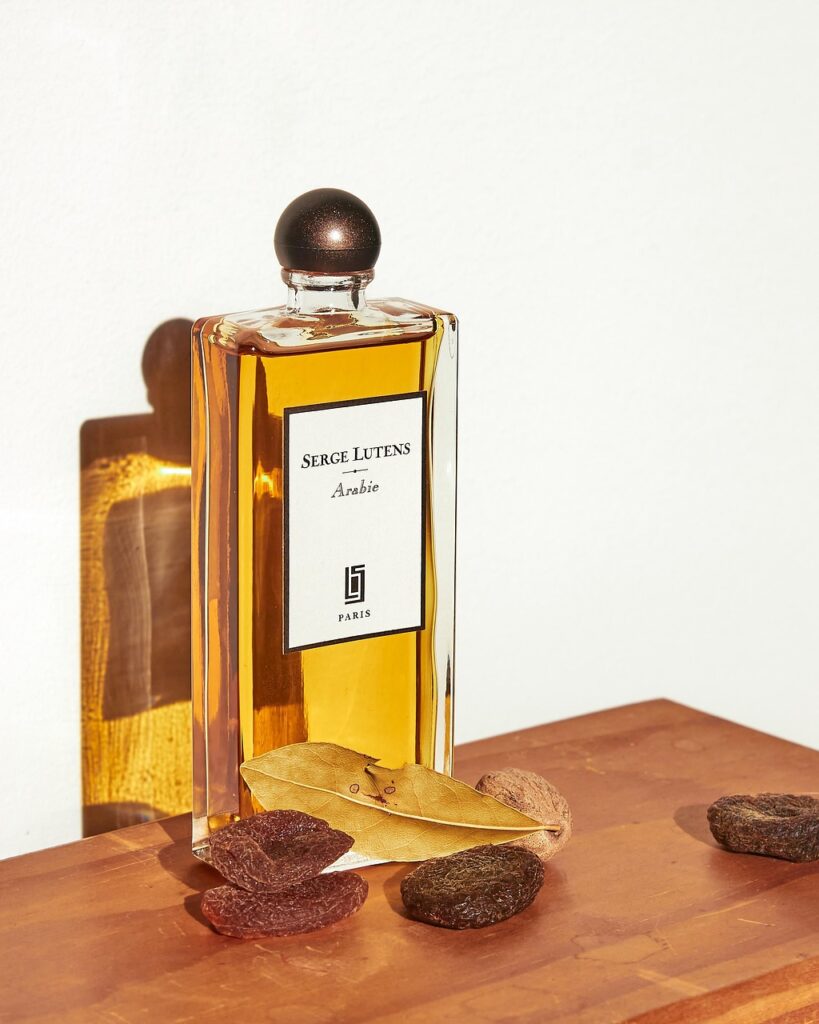
This image is property of pixabay.com.
Innovation and Modern Adaptations
While steeped in tradition, French perfumery is far from stagnant. Today, French companies are at the forefront of integrating modern techniques and trends into their scents, making them relevant to new generations of consumers.
The Intersection of Tradition and Modernity
French perfumery seamlessly combines its historical roots with modern innovations. This manifests in the creation of contemporary scents that challenge traditional olfactory forms while honoring time-honored methods. The interweaving of these elements results in fragrances that are both timeless and avant-garde.
Embracing New Trends
French perfumeries are not immune to global trends and changing consumer preferences. In recent years, there has been a rise in unisex fragrances, niche personal scents, and eco-friendly formulations. French perfume houses are adept at tapping into these trends, using their expertise to craft innovative products that resonate with today’s consumers.
The Global Reach of French Perfumes
With its rich history and ongoing innovation, French perfumery significantly affects the global fragrance industry, influencing consumer preferences and setting industry standards.
Market Share and Economic Impact
French perfumes enjoy a large share of the global market, making significant contributions to France’s economy. According to industry statistics, France exports millions of dollars worth of perfume annually, truly making a mark on the world scale.
| Year | Export Value (in billion Euros) |
|---|---|
| 2018 | 4.39 |
| 2019 | 4.58 |
| 2020 | 4.75 |
| 2021 | 4.92 |
Influence on Global Perfumery
Around the world, perfume creators and enthusiasts alike look to France for inspiration. French perfume standards and practices often act as a blueprint for emerging markets and brands, emphasizing elegance, craftsmanship, and innovation.
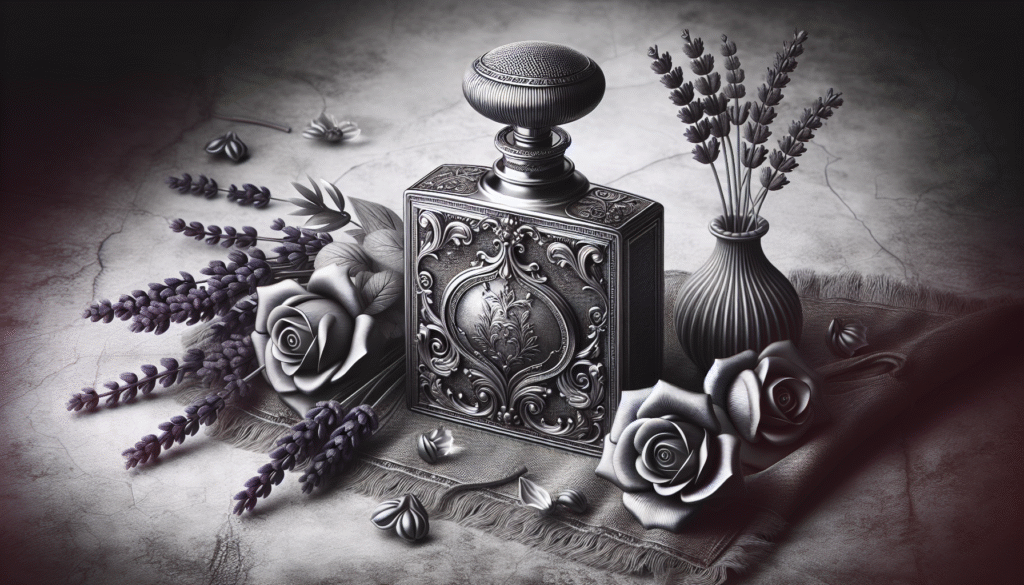
The Role of Perfume in Modern Lifestyle
Despite its rich history, the influence of French perfumery continues to be relevant in today’s modern lifestyle. Perfume is not just seen as a luxury but as an essential element of self-expression and personal branding.
Perfume as a Personal Statement
In the modern world, perfumes are no longer limited to special occasions. They have become a day-to-day staple, an integral part of individual identity and personal expression. A signature scent can convey one’s taste, emotional state, and even aspirations, making perfume selection a deeply personal choice.
The Psychological Impact of Scents
The emotional and psychological effects of scents are well-documented. French perfumes, with their complex compositions, have the ability to evoke memories, set moods, and influence behavior. This impact makes them powerful tools not just for personal branding but also for enhancing one’s emotional well-being.
Conclusion
Your journey through the world of French perfumery reveals an art rich in history and craft, one that has managed to retain its allure and relevance over centuries. From its nuanced blending techniques to its cultural and economic significance, French perfumery stands as a timeless tradition that continues to shape global fragrance markets. Whether you’re a connoisseur seeking to deepen your understanding or a newcomer eager to discover, there’s no denying the profound influence of French scents. Their legacy not only asserts their ability to evoke beauty and emotion but, more importantly, to inspire an entire world with every aromatic masterpiece. So next time you find yourself enchanted by a fragrant allure, take a moment to appreciate the French craftsmanship that may very well be behind it.
